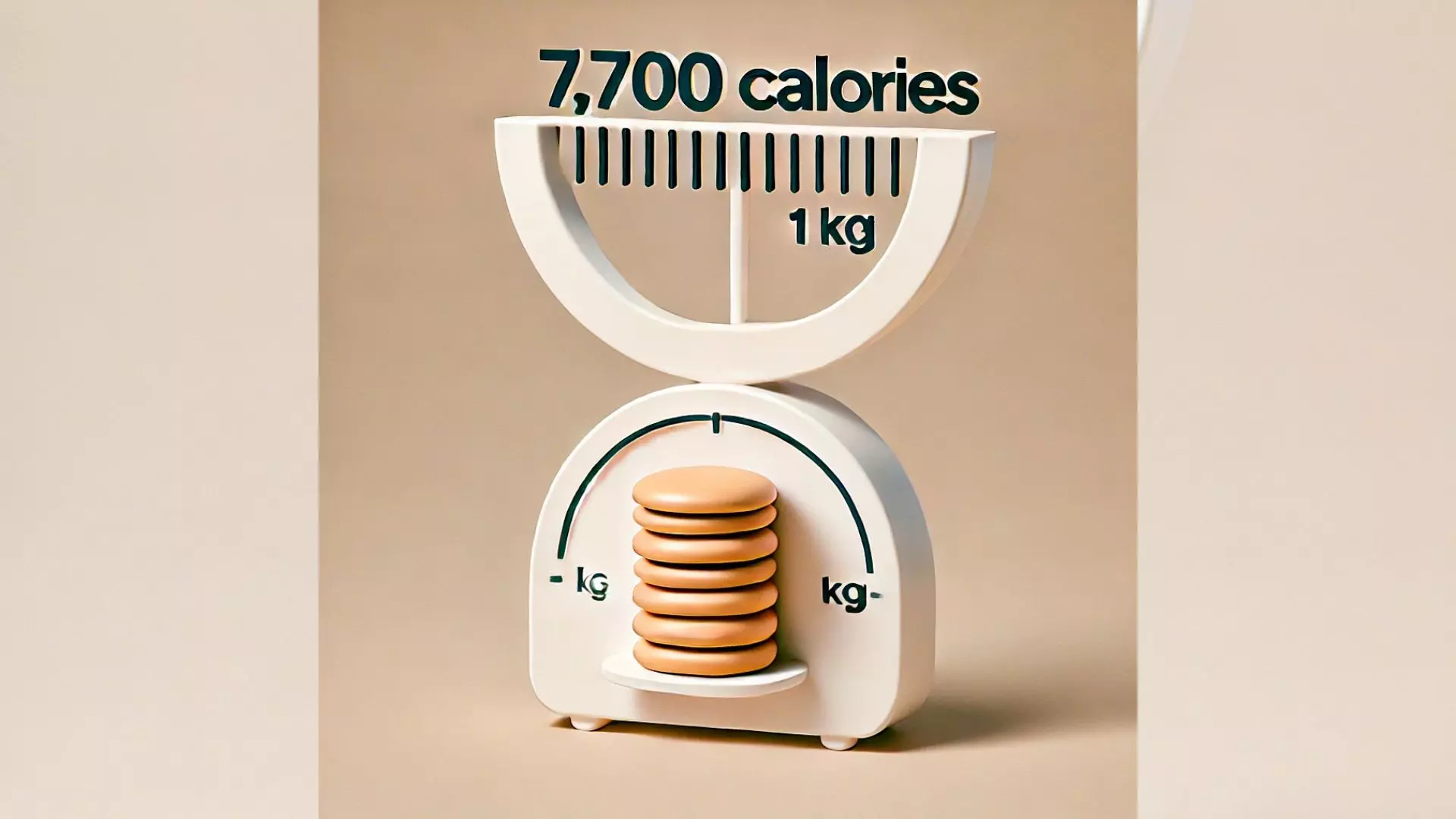Experts Advise Structured Approach to Weight Loss
Losing 1 kg requires a 7,700-calorie deficit. Experts stress balanced diets, exercise, and medical options for sustainable weight loss

“This means reducing calorie intake while maintaining nutritional balance,” Dr Venugopal Pareek, a senior bariatric surgeon, explained. However, extreme calorie restrictions can lead to nutrient deficiencies, muscle loss and fatigue.
Experts advise a balanced diet rich in protein, fibre and healthy fats to support sustainable weight management. Exercise plays a crucial role in weight loss, but diet has a greater impact. “You can’t outrun a bad diet,” said Dr Pareek. Activities like running, cycling, swimming and strength training help burn calories and preserve muscle mass, but they must be combined with mindful eating, portion control, quality sleep and stress management.
Everyday activities like climbing stairs and walking also contribute to calorie expenditure. For those struggling with severe obesity, medical interventions may be necessary.
Dr Surender Madhukar Ugale, a bariatric metabolic surgeon noted that newer weight-loss medications, intermittent fasting and muscle-toning exercises can help.
Non-surgical options such as swallowable gastric balloons and endoscopic sleeve gastroplasty help in controlling food intake. In extreme cases, laparoscopic bariatric surgery remains the most effective long-term solution, particularly for patients with obesity-related conditions like diabetes, hypertension and infertility.
How difficult it is to lose a kg
To lose one kilogram, a 7,700-calorie deficit must be created.
This must done under the advice of a doctor, and after undergoing fitness tests.
Do not jump to do exercise or go on a fast suddenly, without qualified medical advise.
Calories burned per hour (For a 90 kg person)
Running (10 km/h): ~650-700 kcal
Cycling (Moderate Pace): ~550-650 kcal
Swimming: ~400-600 kcal
Brisk Walking: ~250-350 kcal
Strength Training: ~300-400 kcal

